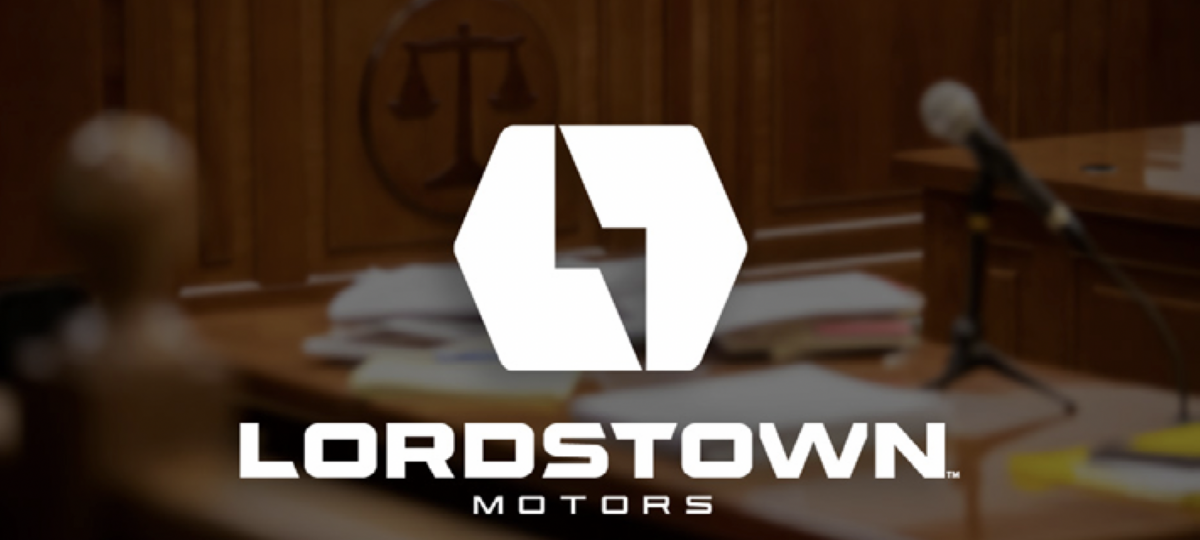LORDSTOWN – Consider it karma.
Karma Automotive LLC won a big victory July 27 in U.S. Bankruptcy Court as U.S. Judge Mary F. Walrath lifted the stay on Karma’s litigation against Lordstown Motors that could seal the fate of how – and if – the EV startup can sell its assets as a going concern.
The Karma lawsuit, filed in October 2020 in U.S. District Court in California, centers on what transpired in 2019, during the early days of the EV startup when Lordstown was producing the Endurance prototype.
Karma claims that founder and former Lordstown CEO Steve Burns, his executive team and certain Karma employees conspired to steal trade secrets in what court papers say was a “classic corporate espionage case.”
The “scheme” involved a proposed joint venture that was a “ruse,” claims Karma, which is seeking nearly $1 billion in damages.
Over the course of three years of litigation, more than 12 million documents have been exchanged through discovery, 54 depositions have been taken and Lordstown Motors has spent $2.5 million to defend Burns and other former employees named as defendants.
Lordstown has been sanctioned twice by the judge in California for withholding evidence, court papers say. Details of what was withheld is sealed, unavailable for public review.
The civil trial was set to begin Sept. 5 until it was automatically stayed when Lordstown Motors filed Chapter 11 bankruptcy. Now the trial will go forward.
“The issue is whether property was stolen from Karma,” Walrath said. …“I agree with Karma that the debtor cannot sell something that the debtor cannot establish is its property. …It’s critical to have that issue decided.”
The judge then handed Lordstown Motors another loss by continuing the hearing on its motion to set bidding procedures and ordering the company to tell her by July 31 “if there are any indications of interest” by potential bidders, which she seemed to doubt.
“I am very concerned” that the investment banking company seeking bidders for Lordstown’s assets has not “informed the parties that there is a dispute about the title of the assets,” she said. “We should have a verdict sometime in September” in the Karma case. “And quite frankly, I think that will show whether the debtor gets any bids.”
Jeffrey Finger, managing director of Jefferies, the restructuring firm retained by Lordstown, said bid solicitations began after the Chapter 11 petition was filed June 27. There are no offers for the company’s assets and a stalking horse bidder has not emerged.
That was also true 2021 and 2022, when Jefferies was retained by Lordstown to “explore all market alternatives,” Karma’s attorney pointed out.
At the start of the hearing, which was conducted via Zoom, Adam Kroll, Lordstown Motors’ chief financial officer, testified that only 37 Endurance vehicles have been sold. He updated total production figures to “closer to 80” pickup trucks manufactured by the company since it began operations in 2019 – a gain of 15 vehicles from the number Kroll declared as part of the Chapter 11 petition.
As of June 27, Lordstown Motors had $136 million cash on hand, no encumbered debt and trade debt of just $20 million, Kroll said.
The company’s monthly “burn rate” is $6.2 million with $2.5 million going to pay litigation, legal and restructuring costs.
Attorneys for the EV startup argued that an expedited asset sale process would preserve the cash for creditors and Lordstown’s engineering staff would likely be retained as an asset.
“We are selling a vehicle that is complex in nature. A buyer is going to expect to understand all the componentry, how they fit together,” Kroll said.
Judge Walrath pushed back on Lordstown’s argument that the asset sale must be expedited to stop the erosion of cash or loss of employees.
“If this is an emergency, it may be an emergency of the debtors’ own creation,” she said.
